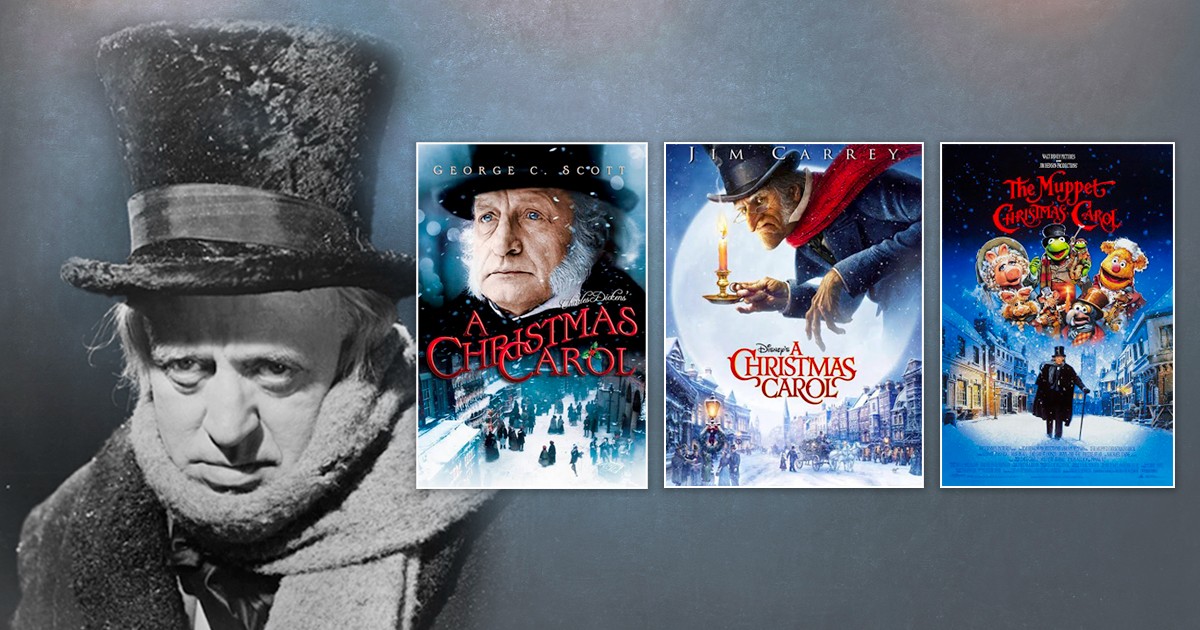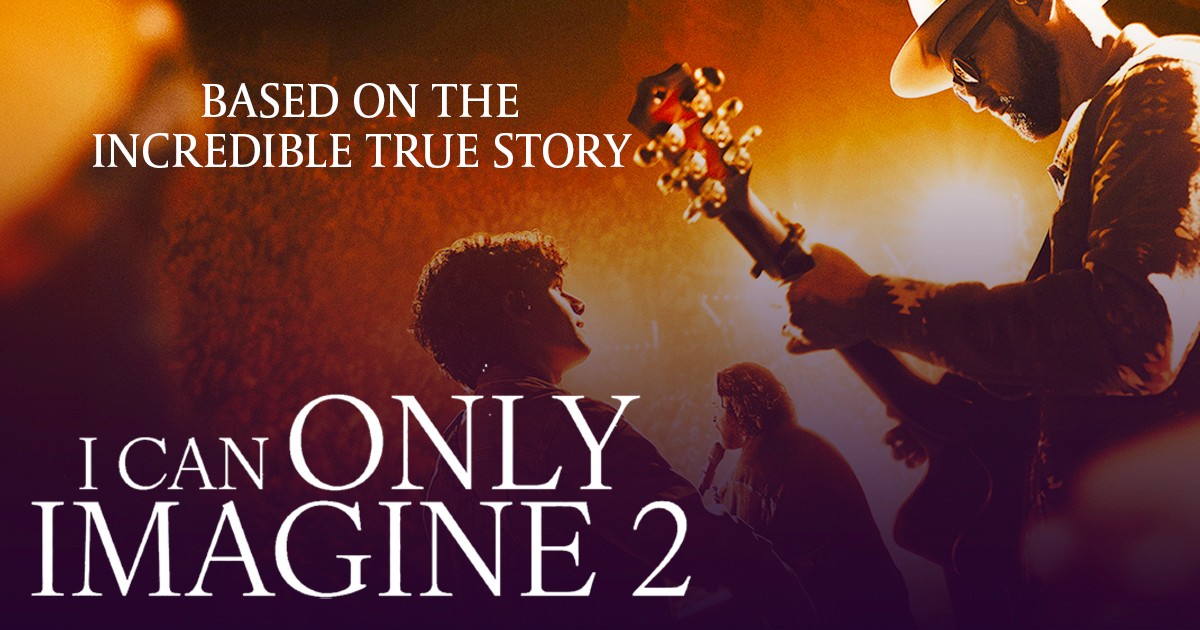I’ve long been fascinated by Christmas traditions, from the common practice of decorating evergreen trees, for example, to more obscure customs, such as the German tradition of hiding a dill pickle in the Christmas tree or the Italian tradition of Befana, the old woman who brings gifts to children on Epiphany Eve.
I’m equally interested in personal family traditions, whether it’s a particular food, a unique method of distributing gifts to be unwrapped, or the preferred carols to be played. One tradition that has been part of my Christmas celebrations for many years is an annual rewatching of A Christmas Carol, based on the novella by Charles Dickens. There are many different versions of this familiar story, but the one I return to year after year is the 1951 film Scrooge, starring Alastair Sim.
For me, this tradition is deeply connected with my mother. Starting from when I was a small boy, we watched this film together every Christmas. In the 1980s, we scoured TV Guide magazine to find out when it would air. As VCRs became more affordable, we could control when we watched it. Eventually, VHS tapes were replaced with DVD and Blu-ray versions.
When I lived in Winnipeg and couldn’t get back to Ontario to celebrate Christmas with my parents, my mother and I still observed the tradition, asking each other on Christmas Day, “Did you watch it?”
Sometimes I watch other versions in addition to the 1951 film. In recent years, I’ve become a fan of The Muppet Christmas Carol, which perfectly captures the spirit of the story despite the narrative liberties. There’s also an excellent version from the 1980s with George C. Scott as Scrooge. I’ve seen live versions, musical versions and Russian versions. I’ve seen people perform solo readings of the story the way Charles Dickens himself used to do, and I often reread the original novella myself during the holiday season. But each Christmas, I return to the familiar black-and-white version at least once.
For many people, it wouldn’t be Christmas without Charles Dickens—usually because of the annual retelling of his most famous story. However, others have argued that Dickens has done much to shape the modern celebration of Christmas. The title of the 2017 biopic of Dickens proclaims him The Man Who Invented Christmas. While “invent” may be an overstatement, with stories such as A Christmas Carol and other Christmas books, such as The Cricket on the Hearth and The Chimes, Dickens is responsible for re-popularizing Christmas after the holiday was outlawed during Oliver Cromwell’s reign in the 1650s—and for refocusing the celebration from the raucous 12-day party of the Middle Ages to the family-oriented holiday we celebrate today.
But what is it about the story of Ebenezer Scrooge that has grabbed the emotions of readers since the novel’s initial publication in 1843? At its heart, A Christmas Carol is a story of redemption and transformation. Various Christmas spirits show the anti-social miser Scrooge that as his monetary wealth has grown, his humanity has become bankrupt. He has pushed away, over the course of years, all love and fellowship. This loss of humanity, he learns, will condemn him to an eternity of suffering and torment.
And yet, when he comes to understand what he’s lost, the cost of not caring about his fellow kind, Scrooge is able to make a remarkable change. Though he often fights against the idea of change (“I’m too old and beyond hope” he tells the Ghost of Christmas Present), Scrooge proves himself wrong. When he wakes up on Christmas morning he becomes a better man, seemingly overnight.
In a scene included in the 1951 film, but not in Dickens’ novella, Scrooge encounters his char lady, Mrs. Dilber, and displays an infectious combination of madness, mirth and touching humanity. Realizing he has treated her unkindly and unfairly, Scrooge offers her a coin for a Christmas present and raises her salary.
In literary theory, this kind of life-changing revelation is called an epiphany—a term, of course, connected with Christmastide. Epiphany is the last day of the festival of the 12 Days of Christmas and celebrates the adoration of the Magi, realizing that the infant Jesus is the Son of God.
Scrooge’s epiphany—that he has responsibilities to the people in his life, that his position and wealth should be used to uplift and help others—has lasting impact. We learn in an epilogue that Scrooge became, as the narrator tells us, “as good a friend, as good a master, and as good a man, as the good old city knew, or any other good old city, town, or borough, in the good old world.” As we hear these words, Tiny Tim, no longer limited by his crutch, calls and runs to Scrooge. Scrooge’s transformation has saved Tim.
I think it’s this idea—that we can change for the better—that brings people back to the story of Ebenezer Scrooge, Christmas after Christmas. We are drawn to the idea of powerful change— that an epiphany could change our lives suddenly, wholly and completely because we desire it. We wish we could be a better version of ourselves. We long to discover or realize something that will fundamentally change the way we live our lives.
After all, isn’t that what Christmas is really all about?
Dr. Michael W. Boyce is the director of program implementation at the College for Officer Training in Toronto.
Photos: Courtesy of United Artists Corporation; Entertainment Partners Ltd.; Walt Disney Pictures










This is great, Mike. Your reflections speak of what I get out of watching Alastair Sim every Christmas Eve—a childhood family tradition for me too!
Marley’s Ghost knows the chains Scrooge has forged. He also knows there is hope even for a “squeezing, wrenching, grasping, scraping, clutching, covetous, old sinner,” as Dickens puts it. Christmas opens us to the hope that the worst among us (including me) can experience transformation—or reclamation, as the Ghost of Christmas Past puts it. What four ghosts do for Scrooge reminds me of what Jesus did for so many around him. As with Tiny Tim, he transformed lives through physical healing. As with Scrooge, he transformed lives by making the whole person well.
What better Christmas wish can we pray for our friends and enemies than this? God bless us, every one!